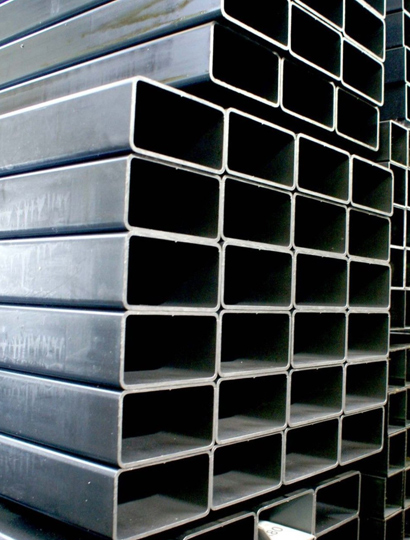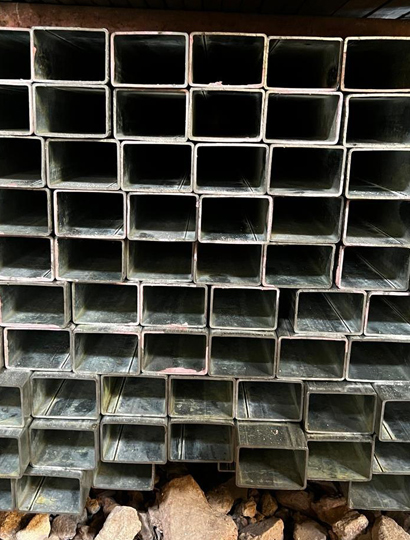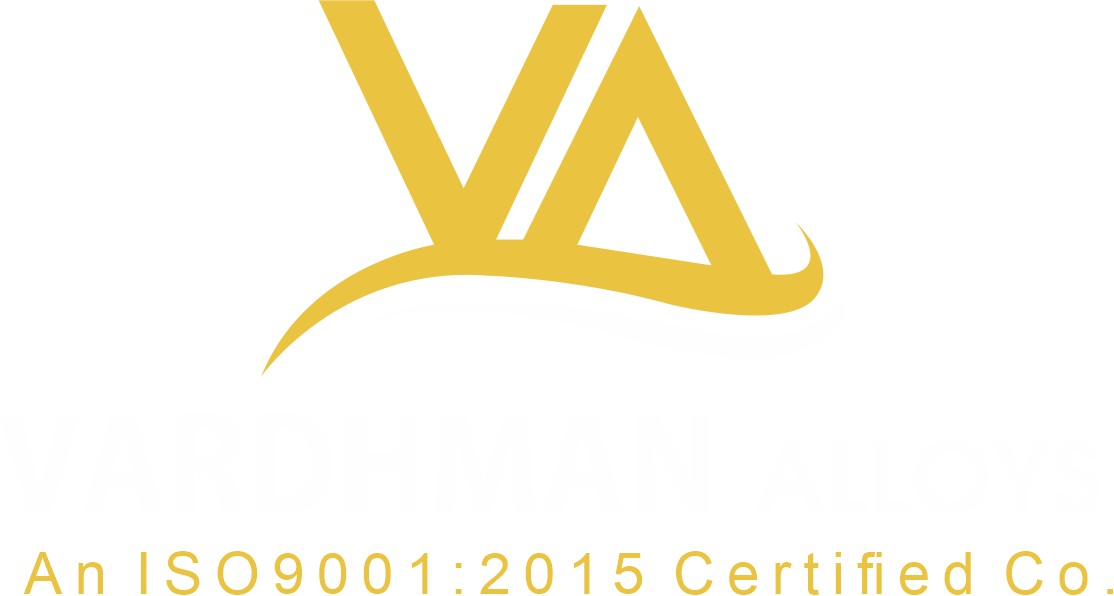Mandi Gobindgarh, Punjab, 147301
ERW Rectangular Pipes
Our Products
ERW Rectangular Pipes
At Vardhman Alloys, we are committed to excellence in manufacturing ERW (Electric Resistance Welded) rectangular pipes, standing as a trusted name in the industry. Our specialization in ERW rectangular pipes highlights our dedication to providing high-quality, durable solutions for diverse applications.


ERW rectangular pipes are known for their robust structure and versatility. At Vardhman Alloys, we utilize cutting-edge technology and state-of-the-art machinery to produce pipes that meet stringent quality standards. Our production process ensures that each pipe has a precise dimension, smooth finish, and excellent strength, making them ideal for structural, construction, and industrial uses. Our commitment to quality is reflected in every aspect of our operations. From the selection of raw materials to the final inspection of the finished product, we adhere to rigorous quality control procedures. This meticulous approach guarantees that our ERW rectangular pipes offer superior performance and reliability, meeting the specific requirements of our clients.
Specification
| Thickness | 1 - 3 mm |
|---|---|
| Shape | Rectangular |
| Brand | Vardhman Alloys |
| Material | Mild Steel |
| Size | 10x20 - 1000x800 |
| Color | Steel , Black |
Working Process Of ERW Rectangular Pipes
- Raw Material Selection: Steel sheets or coils are selected for their high-grade quality, ensuring optimal strength, durability, and performance of the finished pipes.
- Cutting and Preparation: Steel coils are cut into flat sheets of the desired size, which are then prepared for the subsequent stages of manufacturing.
- Forming: The cut steel sheets are fed into a forming machine, which shapes them into a rectangular cross-section using a series of rolls.
- Welding: Electric resistance welding (ERW) is used to join the edges of the rectangular pipe, with electrical current generating heat to fuse the edges together and form a continuous weld seam.
- Cooling and Straightening: The welded pipes are cooled to solidify the weld, followed by a straightening process to eliminate distortions and ensure uniformity.
- Cutting to Length: The continuous length of the pipe is cut to specific sizes as required by customer specifications or industry standards.
- Inspection and Quality Control: Each pipe undergoes visual and dimensional inspections and may be subjected to various tests, such as pressure testing, to verify performance and durability.
- Finishing: The pipes receive a final surface treatment, including coating or painting, to enhance appearance and protect against corrosion.
- Packaging and Delivery: The finished pipes are carefully packaged to prevent damage during transportation and are then dispatched to customers according to delivery schedules.
Applications
- Construction and Structural Support: Building frames and support columns for both residential and commercial buildings, as well as bridges and high-rise structures.
- Manufacturing and Industrial Uses: Machine frames and conveyor systems, providing stability and durability for heavy loads and mechanical stress.
- Infrastructure: Railings, fences, guardrails, and signage structures for urban and rural safety and security.
- Automotive and Transportation: Vehicle frames, chassis components, and transport equipment including trailers and cargo handling systems.
- Agriculture and Irrigation: Irrigation systems, channels, supports, and farm structures like greenhouse frames and livestock pens.
- Architectural Applications: Decorative elements and architectural features, enhancing both functionality and aesthetics.
- Energy Sector: Support structures for energy installations such as wind turbines and solar panel frames, offering resilience and environmental stress resistance.
